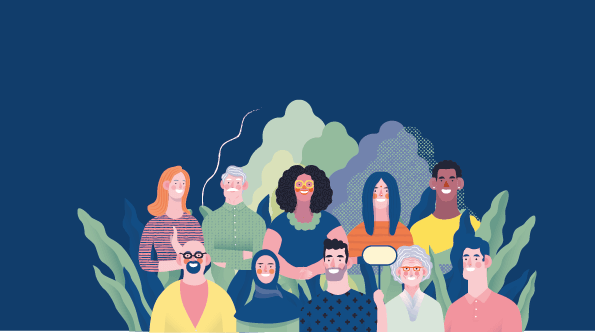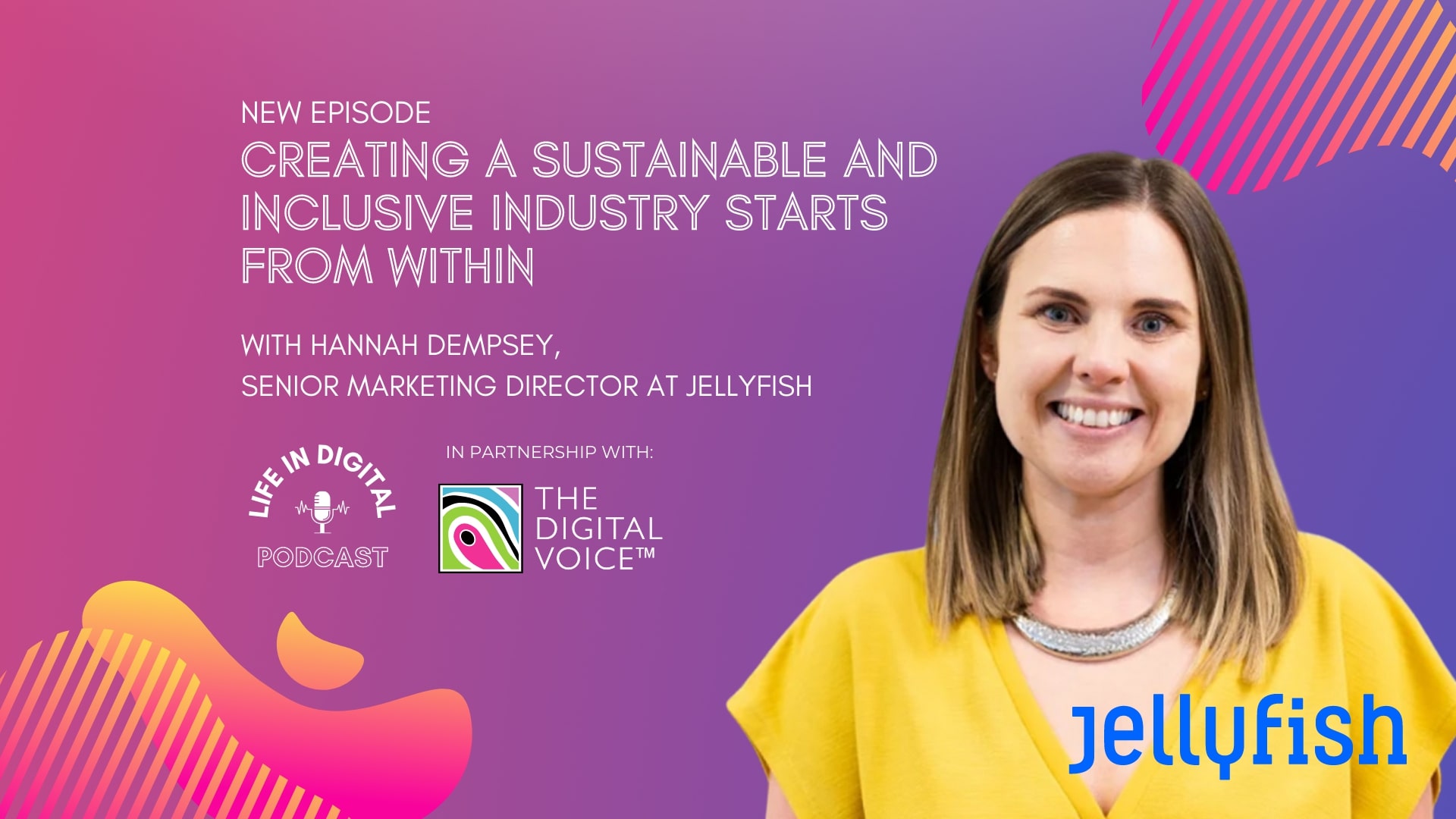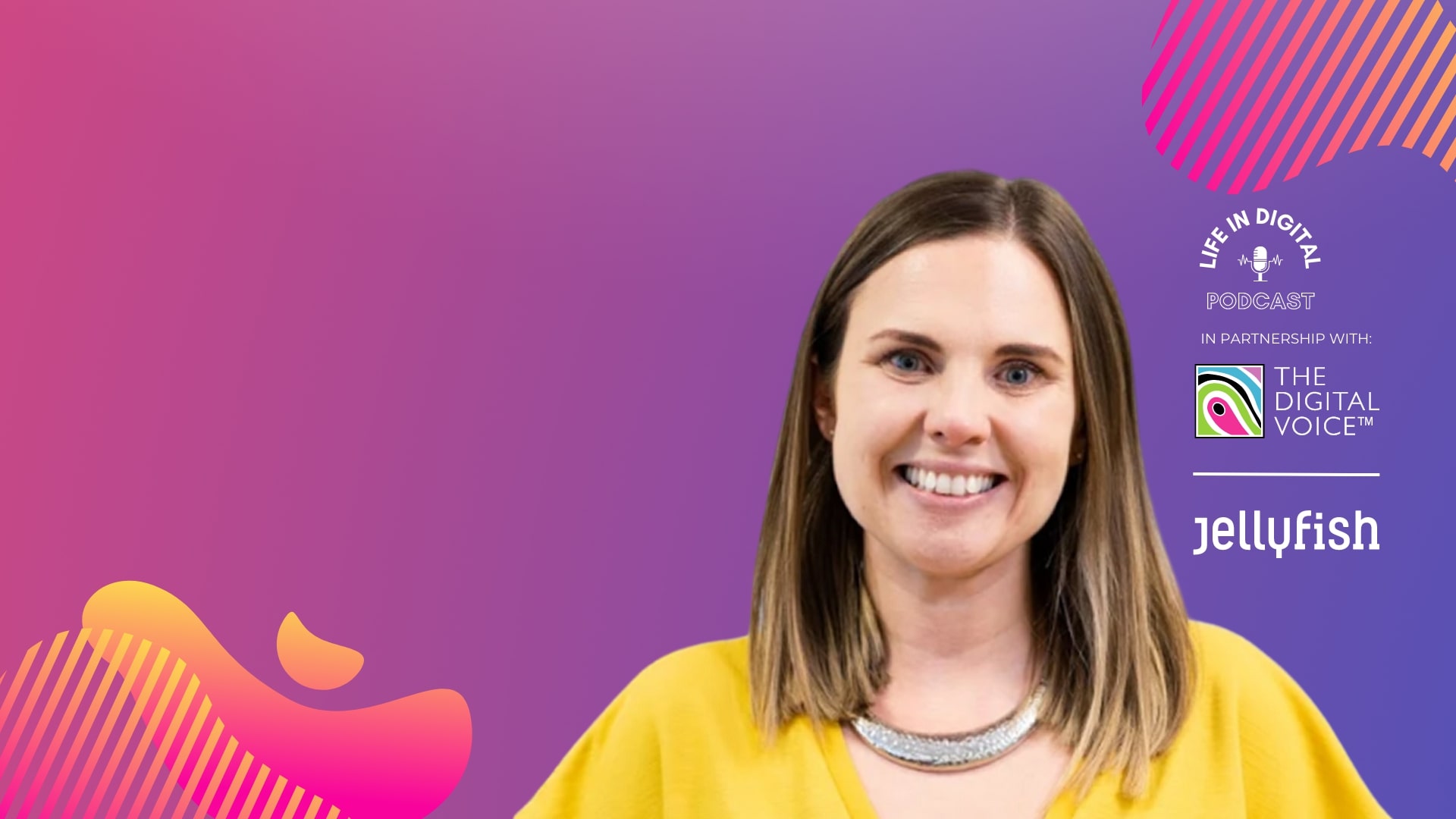
Asking the difficult questions: Diversity and Inclusion
18 Jun, 20215 minsWe know the impact having a diverse workforce has on a company’s creativity, output, culture...

We know the impact having a diverse workforce has on a company’s creativity, output, culture, and bottom line...
Lots have been written about it and the information on the benefits is out there to support it, but more recently, it feels like there’s been a genuine shift from businesses ‘doing’ diversity for diversity’s sake to something deeper than that.
At a time where there’s more awareness of, and access to information around, social injustices, inequality, and exclusion than ever before, businesses are starting to really and truly consider how they can effect a positive change within their teams and create a culture that’s equal, fair and inclusive.
But how can they get there, and what do businesses need to start doing to make diversity and inclusion truly work, at work?
In this week’s episode of the Life in Digital Podcast, Amy spoke with the incredible Jasmine Dotiwala, part of Netflix’s UK Editorial and Publishing team and multimedia broadcaster with an enviable career across some of the biggest names in TV and media.
Jasmine has held positions with Media Trust, focused on creating pathways into the media and creative industries for young talent from an underrepresented background and continues to act as an advisor, supporting them in their mission.
Jasmine was kind enough to share her insight into how to build brilliantly diverse teams, and we’ve picked out some of our highlights. To listen to the full podcast, click here.
Start by asking questions about your business and what you’re doing
Then it’s a case of listening to and placing genuine value on the answers. For change to work businesses first have to actually want to change. Without a genuine want to change and deliverables, timeframes or commitments put in place, any initiatives businesses implement will falter and the work will stop.
So, as Jasmine suggests:
"look and observe what’s going on in your companies and ask by which date are we going to have our company representative of the world we’re trying to represent?"
Asking difficult questions and creating a plan around how you’re going to change and by when are crucial starting points for companies seeking to improve their own diversity and inclusion.
Get buy-in from the whole business
In order for positive change to be longstanding, there needs to be buy-in and support from all people at all levels.
Creating a diverse and inclusive workplace cannot be a role left solely to HR or the management team or staff that come from underrepresented groups and diverse backgrounds. Everyone in the business has a key role to play in affecting change.
‘In the same way that black people need the co-sign of, and input of, our white peers to make positive diversity work at work, women also need the input of men in these conversations’, comments Jasmine, ‘if you’re doing something around International Women’s Day you don’t just invite the women, the men have to come too. We need the allyship of everyone else to make it work.’
Getting this buy-in and support is such an important part of the process and including employees from all walks of life on certain committees or groups set up to tackle diversity and inclusion in businesses is a must.
Create pathways for young, diverse talent
For those coming from diverse backgrounds or underrepresented groups, it’s absolutely critical that pipelines or access routes are both in place and visible to these candidates.
However, it can’t stop there. This new talent needs to be able to see a clear pathway to progression otherwise the whole initiative will fall flat says Jasmine:
‘You can keep training new talent, but if that new talent has nowhere to go, all you do is you create thousands of people on the bottom rung of this ladder who are constantly trained with nowhere to go.’
So, what companies need to be doing is to ensure that there is a clear and visible journey available for all staff, but in particular, those from underrepresented groups, so that new talent can see that potential progression for themselves and really buy into it.
These are just a few of our highlights from what was an incredibly insightful, thought-provoking discussion between Jasmine and Amy.
For more information on Media Trust and the partnerships, they create within the media and creative industries to provide a voice and opportunities for underrepresented groups, make sure you visit their website: https://mediatrust.org/
We’ve only just scratched the surface of what they covered, so if you’d like to hear more from Jasmine, you can listen to the full podcast via our Life in Digital podcast page:





